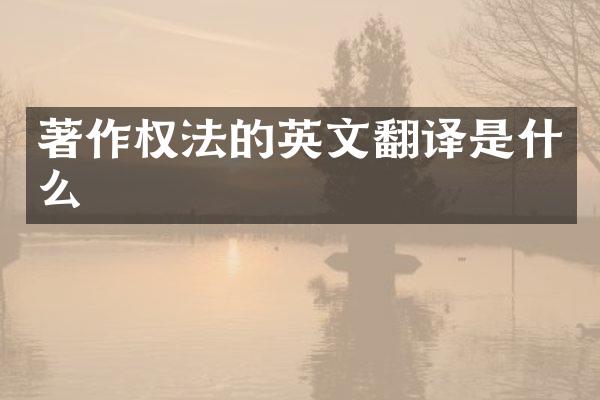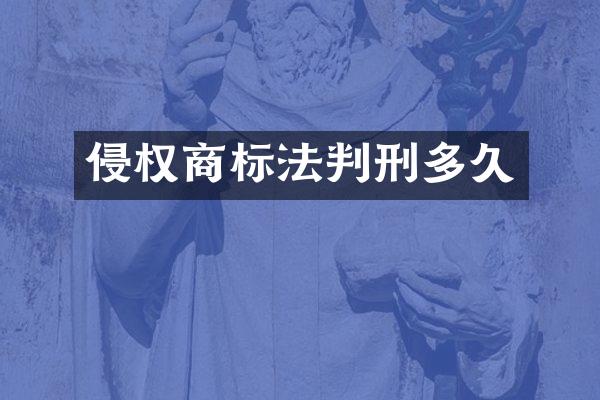Copyright Law

Copyright law is a set of laws enacted to protect the rights of creators and authors of original works. These laws grant the creator or author exclusive rights to reproduce, distribute, perform, display, or license their work. Copyright law aims to encourage and foster the production of creative works by providing legal protection and incentivizing creators to continue producing original content.
Copyright law protects a wide range of creative works, including literary works, music, artistic works, software, and other original works of authorship. The protection extends to both published and unpublished works. In order to be eligible for copyright protection, a work must be original and fixed in a tangible medium of expression. This means that the work must be the product of the author's own creative effort and must be recorded or saved in a physical or digital form.
The duration of copyright protection varies depending on the type of work and the country in which the work was created. In most countries, the duration of copyright protection lasts for the life of the author plus an additional period of time, usually 50 to 70 years after the author's death. Once the copyright expires, the work enters the public domain and can be freely used by anyone.
Copyright law also includes limitations and exceptions to the exclusive rights of the copyright owner. These limitations allow for the use of copyrighted works without the permission of the copyright owner under certain circumstances, such as fair use for purposes such as criticism, comment, news reporting, teaching, scholarship, or research. However, the use of copyrighted works must be limited and transformative in nature in order to qualify as fair use.
Infringement of copyright occurs when someone uses, reproduces, distributes, or displays a copyrighted work without permission from the copyright owner. Copyright infringement can result in legal action, including injunctions to stop the infringing behavior, monetary damages, and in some cases, criminal penalties.
Copyright law is enforced through legal actions taken by copyright owners to protect their rights. These actions can include sending cease and desist letters, filing lawsuits, and seeking damages for infringement. Copyright owners can also register their works with the relevant copyright office to establish a public record of their rights and facilitate enforcement.
Overall, copyright law plays a crucial role in protecting the rights of creators and authors, encouraging the production of creative works, and promoting the dissemination of knowledge and culture. By providing legal protection for original works of authorship, copyright law helps to create a vibrant and diverse creative ecosystem that benefits society as a whole.
查看详情
查看详情

